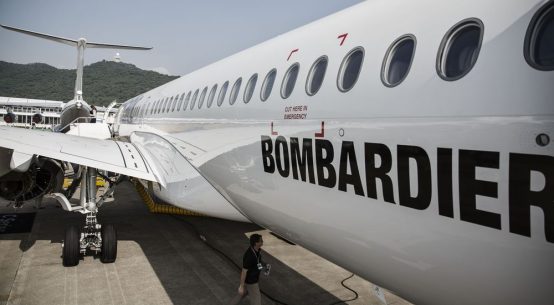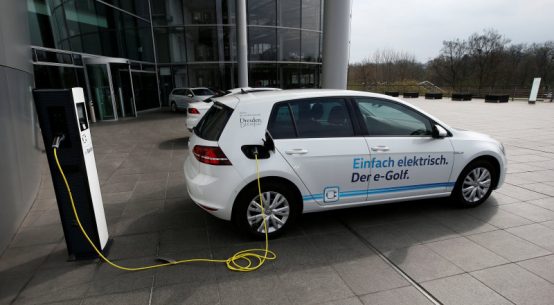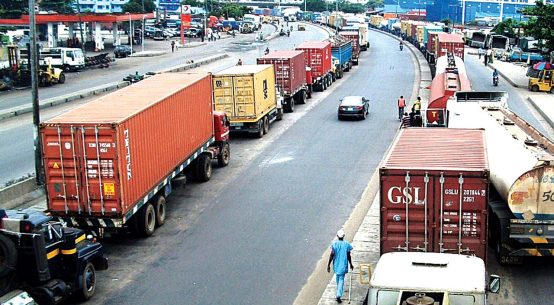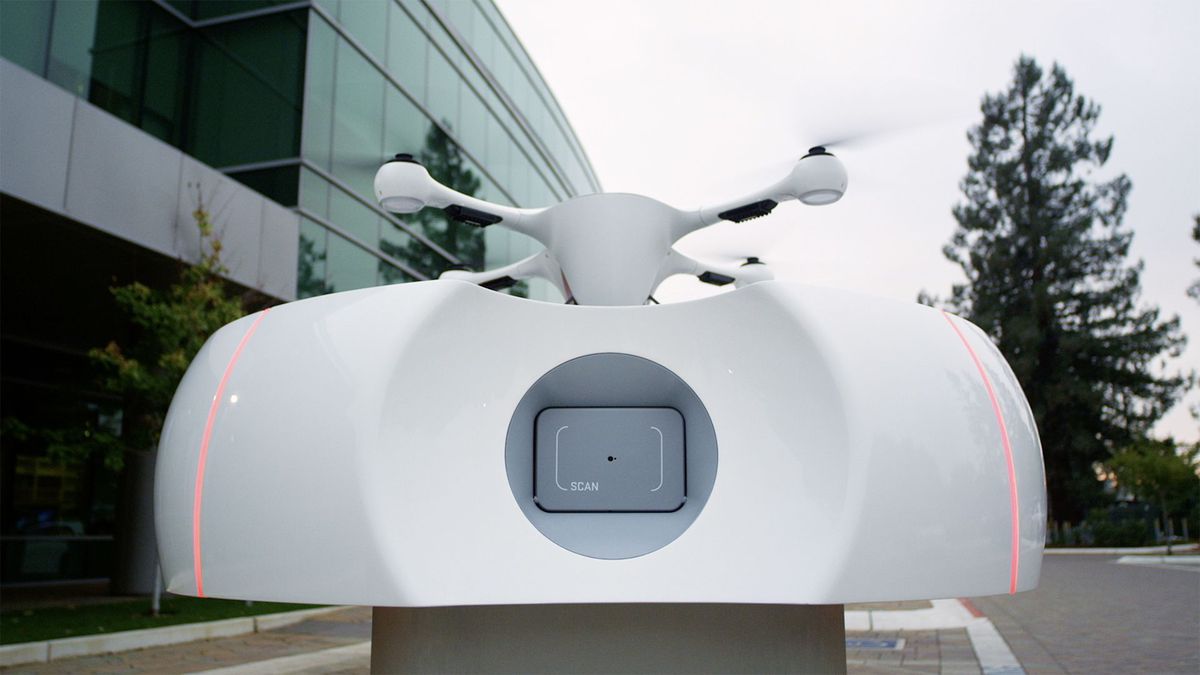
Rather than relying on roads transport doctors, nurses, and technicians can send and receive test samples and results via the drone, and the system’s accompanying app.
Hospitals in Switzerland will be equipped with a potentially revolutionary autonomous drone delivery network.
Healthcare providers and a Menlo Park, California company called Matternet have teamed up to implement the system across the country. And on Wednesday, Matternet announced that they had completed “the third and final technology component” to make their drone and information system a reality.
It’s called the Matternet Station: a two square foot robotic drone loading dock and smart launching and landing pad that enables hospitals to quickly send and receive crucial medical samples and resources, all by drone.
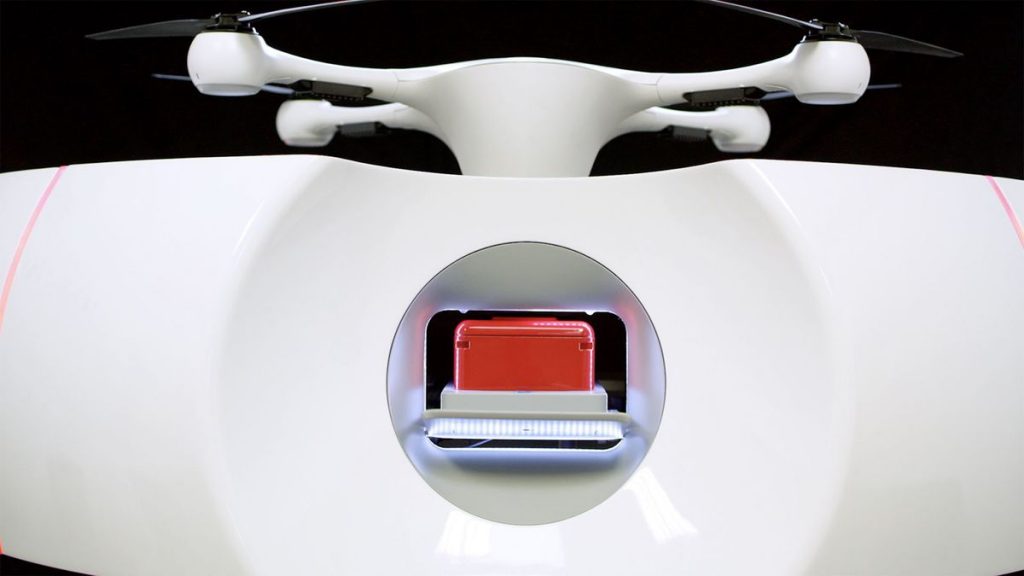
The key benefits this new system is bringing to hospital systems are much more instantaneous and predictable operations,” Matternet CEO Andreas Raptopoulos told Mashable. “We hope this will improve quality of care for hospital patients and will bring significant cost savings to hospital systems.
In March 2017, the Swiss government gave Matternet authorization to operate a “drone logistics network” over densely populated cities. But it is the station that actually forms the network between healthcare facilities, since drones will load their cargo on, take off from, be guided to, and land at the stations — all while communicating with users via an app.
Here’s how it works. Say a patient needs to receive a blood transfusion immediately, but an on-site test isn’t able to determine his or her blood type. Ordinarily, according to Matternet, the hospital would have to deploy a car or even a taxi to ferry its sensitive cargo and receive urgent test results- which is both costly and inefficient, especially in heavily trafficked areas.
So instead of relying on roads for transportation, doctors, nurses, and technicians can send and receive test samples and results via the drone, and the system’s accompanying app.
Using the Matternet system, a technician would package the blood sample in a standardized box bearing a QR code. They would then scan the QR code on the station and deposit the box. The station would then affix the box to the drone, and send it to the appropriate test facility’s station, guided with a signal to enable precision landing.
The technician on the other end would be notified via the app that the package had arrived. They would then scan a QR code on their phone to unlock the Matternet Station and receive the blood samples. Finally, they could send the test results back to the hospital in the app, since it’s a cloud-based communication and logistics platform. Boom, done — no roads, traffic jams, or cab drivers involved.
In partnership with Doctors Without Borders, Matternet is already operating a truncated version of the system in developing countries. In countries where Doctors Without Borders work, medical drone delivery is crucial since roads and safe, timely passage are rarely an option. Raptopoulos hopes that the progress his company makes in Switzerland will enable the spread of drone delivery, especially to developing nations, where drones could eliminate the need for more traditional forms of infrastructure previously necessary for healthcare operations.
“We believe that drone delivery technology will enable a leapfrog, similar to what we saw happening with mobile phones,” he said. “Our model is bottom-up — we want to develop technology that is robust and affordable enough for it to be adopted by organizations like Doctors Without Borders and, beyond that, local businesses who will be able to build services on top of this technology platform.”
Better, more efficient healthcare for all, no matter what country you live in? Now that’s something we could get behind — if only Congress would do the same.






